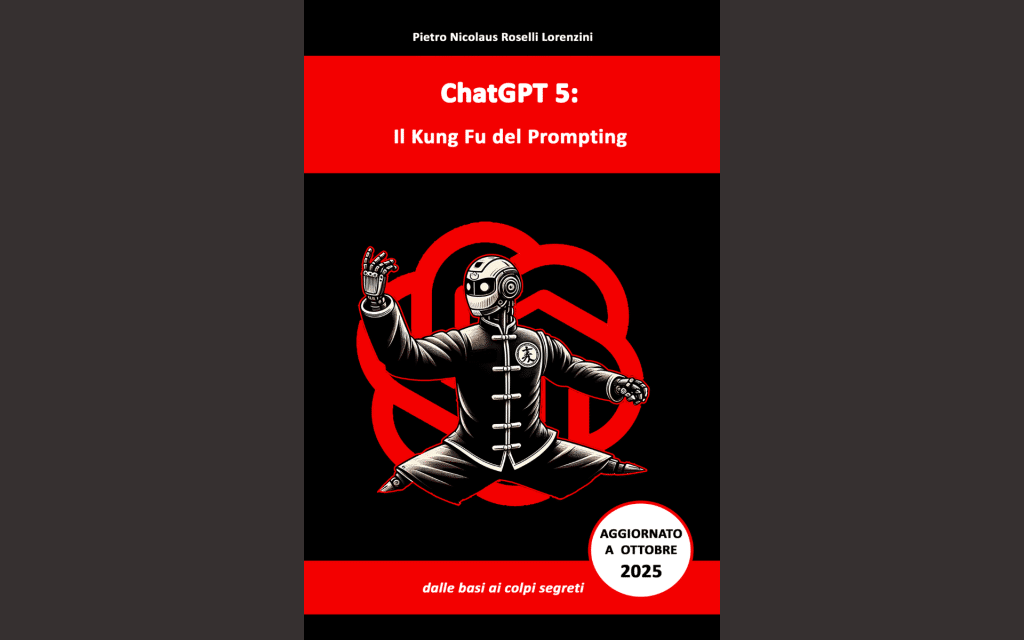Artificial intelligence
We operate in the field of artificial intelligence, using and training it to support projects of various kinds.
We deal with LLMs, reverse engineering, machine learning, model development and predictive analysis, using the most modern tools and technologies.
Prompt Manipulation with Large Language Models (LLMs)
Document Summarization
Summarize lengthy documents, highlighting key concepts and essential information to enhance comprehension and accessibility.
JavaDoc Generation
Automate the generation of Javadoc, streamlining the documentation process by producing accurate and consistent comments based on code analysis.
Integration Test Generation
Automate the generation of Java integration tests, enhancing test coverage and improving development efficiency.
Iterated Prompt Manipulation interacting with LLMs
JUnit Test Generation
Execute AI-generated JUnit tests in Java, providing error feedback to the model for automatic test repair and iterative refinement.
Project Reverse Engineering
Analyze software projects to offer a detailed breakdown of their structure and functions, enabling accurate insights for project analysis and improvement.
Develop Machine Learning Models
Text Classification
Document categorization
Applied SVM for document categorization by training on labeled data, enabling the model to accurately predict categories for new documents.
Image Classification
Food recognition
The application identifies food items in uploaded images and provides the user with various recipes that can be made using those ingredients.
Regression
Empoyee attrition prediction
One particularly interesting project involved building a machine learning model designed to predict employee attrition, helping identify which employees might leave the company.
Creating Serverless Endpoint on Cloud Provider
LLAMA Model Service Provider
Deploying a serverless endpoint on a GPU-powered cloud provider to efficiently host and scale our LLAMA model.
Text Analysis
Quantitative Text Analysis and Linguistic Statistics
By leveraging statistical data such as word and sentence counts, readability indices like Flesch and Gulpease, and quality parameters like lexical density and sentence complexity, we can evaluate the clarity and coherence of textual data.
Local ML model on the mobile device
Handwritten Recognition
Inference of a local model on the mobile device for document identification and text recognition.
If you are interested in learning more about our services, contact us.








